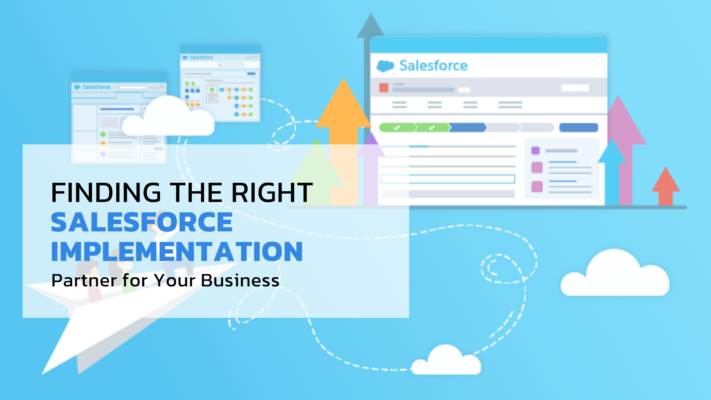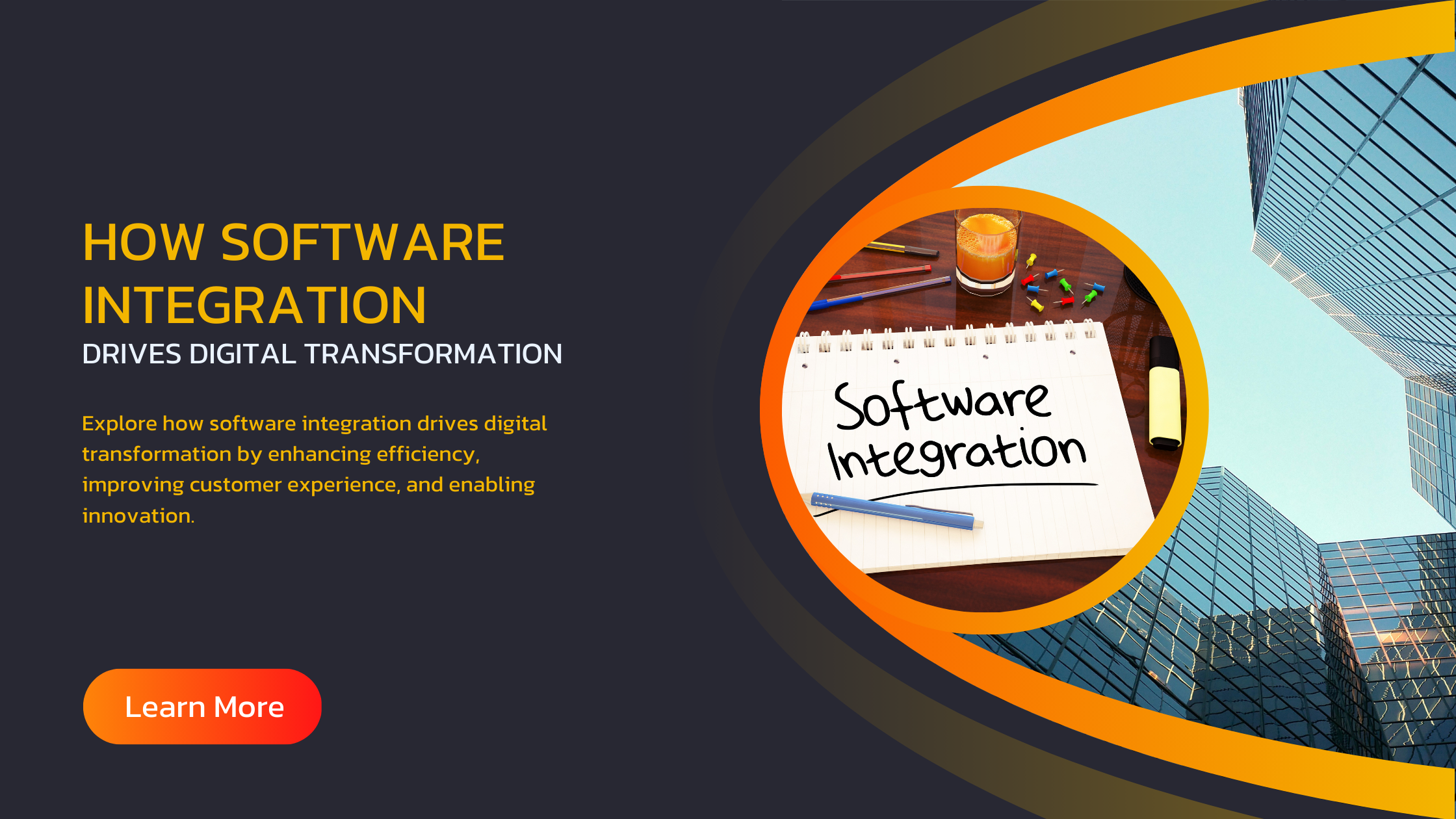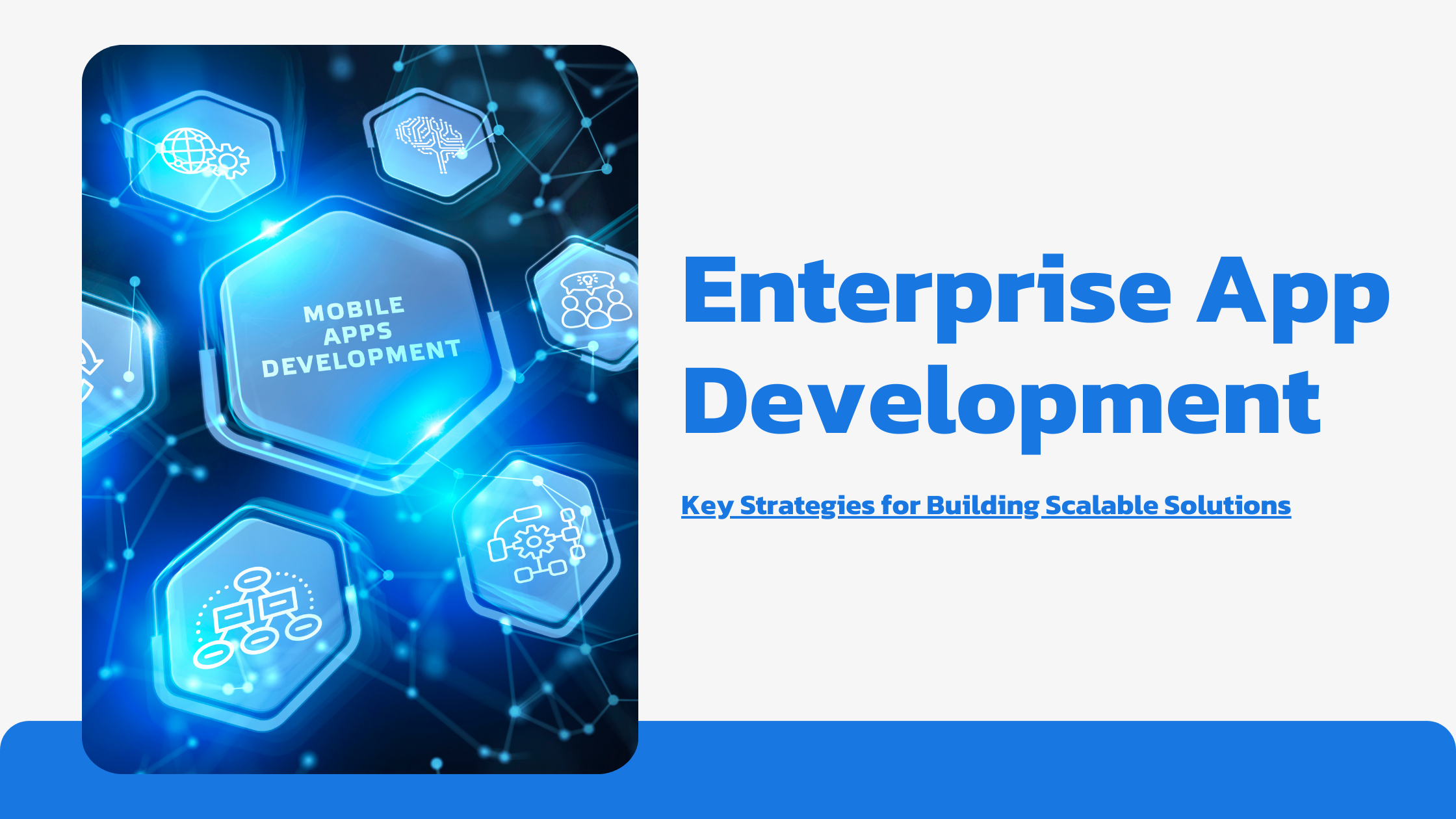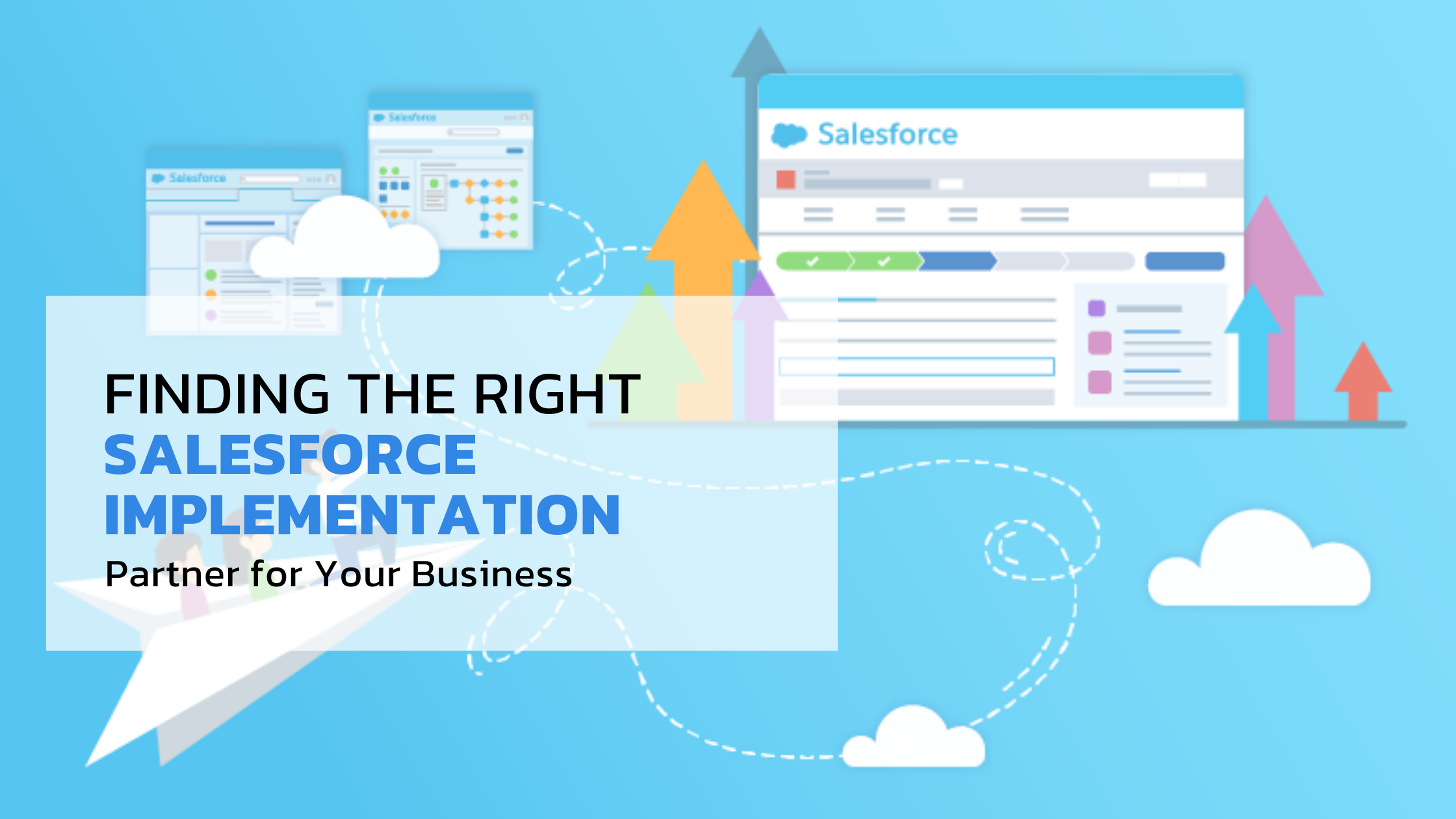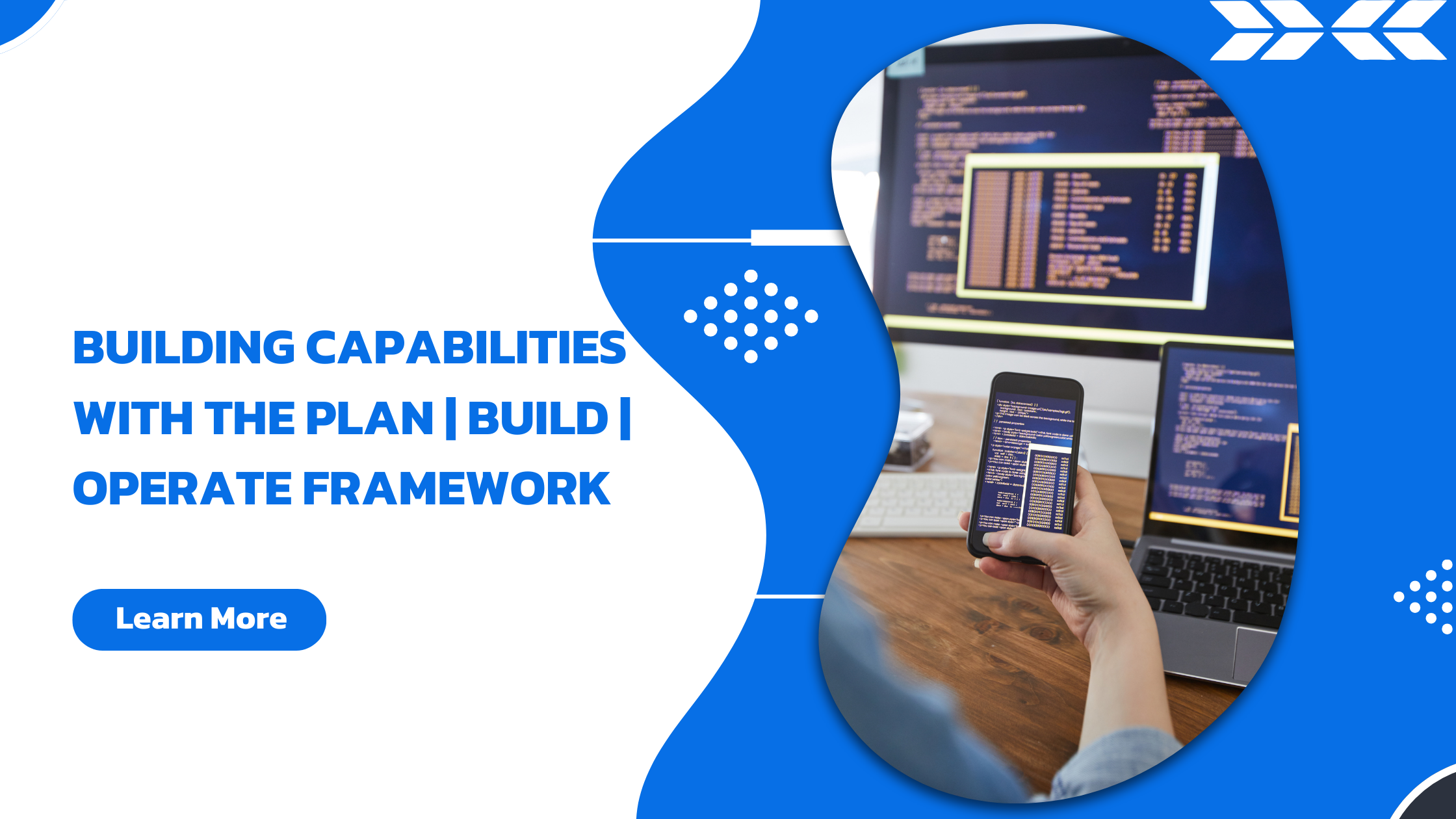
- April 8 2024
- admin
A minimum viable product (MVP) is a version of a product with just enough features to satisfy early customers and provide feedback for future product development. MVPs help companies validate their product idea early, reduce wasted engineering hours, get to market faster, and focus on what matters to customers.
In this post, we’ll look at 20 inspiring minimum viable product examples across different industries. We’ll also overview 8 proven strategies to build a successful MVP.
20 Inspiring Minimum Viable Product Examples
Here are 20 companies that executed the MVP strategy exceptionally well:
1. Buffer
Buffer started as a simple landing page to validate demand for their social media scheduling idea. Once they saw interest, they built the first working version to test the MVP with actual customers.
After several iterations, Buffer is now a popular social media management platform. Their MVP helped them validate the market need first before diving into full-scale development.
2. Dropbox
Drew Houston built the first Dropbox MVP to check if people would be interested in his cloud storage idea. The MVP was a 3-minute video demonstrating cloud syncing between two computers.
The video went viral and generated 75,000 signups overnight. This proved market demand and helped Drew raise venture capital quickly.
3. Airbnb
Airbnb’s founders wanted to validate people’s willingness to rent rooms to strangers. Their MVP involved building a simple website advertising short-term housing rentals during a design conference.
The MVP helped them learn that people were open to the idea. Airbnb was able to quickly scale up afterward.
4. Uber
Uber started as UberCab in San Francisco. The MVP involved building an app to connect 100 drivers with rides.
Rides were free at first to incentivize drivers and riders to try this new ridesharing idea. The experiment was a big success, proving Uber could provide better transportation.
5. Zappos
When starting Zappos, Nick Swinmurn wanted to validate that people would buy shoes online. His MVP was a basic website with photos and info for different shoes. There was yet to be inventory.
When someone ordered, Nick would buy the shoes from a local store to ship them. The MVP validated the willingness to purchase shoes online.
6. Groupon
Groupon’s founders created a basic WordPress site as their MVP to sell discount vouchers for local businesses. This validated the demand for discounted local deals before Groupon was built out fully.
7. Spotify
Spotify’s MVP was buggy and slow when it launched in 2008. But it allowed people to stream music legally for free. This validated that listeners would use streaming over illegal downloads.
8. Facebook
Mark Zuckerberg’s initial MVP for Facebook (originally called TheFacebook.com) was a simple site to connect Harvard University students. This was later expanded to other colleges and the world.
9. Apple
The first Apple iPod MVP played music but lacked features like the scrolling wheel interface. This validated that customers wanted music on the go before adding more complexity.
10. Oculus Rift
The first Oculus Rift prototype was made with simple components, including an iPhone display. This MVP validated customers enjoyed the VR experience before advanced R&D.
11. Amazon
When first launched, Amazon.com only sold books to validate the online bookstore concept. After success as an MVP, Amazon quickly expanded into more product categories.
12. Zynga Games
Zynga pioneered the “lean startup” and MVP approach for game development. Games like FarmVille were released quickly as MVPs before iterates and improvements were made based on data and feedback.
13. Palm Pilot
Palm’s original personal digital assistant allowed people to take notes and sync contacts/calendar data to validate the idea. Their rapid iterations led to the PalmPilot devices that revolutionized mobility.
14. PayPal
PayPal initially validated its mobile payments idea by allowing people to beam funds between Palm Pilots. They later pivoted to focus on online payments, where they saw the most traction.
15. Starbucks
Starbucks validated its cafe concept with just 1 store in Seattle in 1971. This MVP proved demand for specialty coffee shops before expanding nationwide.
16. Pebble Watch
The first Pebble smartwatch MVP sent notifications and tracked steps to validate wrist-based wearables. They later enhanced features based on 40,000 backers.
17. MailChimp
MailChimp tested their idea by building an MVP email newsletter tool aimed at small businesses. Focusing on a niche allowed them to make a tailored solution before expanding the features.
18. Square
Square’s original MVP was a bulky prototype that plugged into smartphones to test mobile payments. This validated market demand before making the devices smaller.
19. Cloud9 IDE
The initial Cloud9 MVP provided a basic browser-based code editor to validate developer demand for cloud-based coding. More features were then added incrementally.
20. Foursquare
Foursquare’s MVP focused on check-ins at locations to test the waters. It validated that users wanted to keep track of where they’ve been. More features like reviews and recommendations came later.
8 Proven Strategies for Building a Successful Minimum Viable Product
Based on these inspiring minimum viable product examples, here are 8 key strategies to consider when building your minimum viable product:
1. Identify your riskiest assumptions
Start by listing out your riskiest assumptions about your product and customers. Your MVP should focus on testing those major assumptions first. This will validate whether your whole idea works.
2. Determine the smallest feature set
Find the “minimum” features that will suffice for an early release. Include only what is necessary for testing your assumptions. Avoid building more than needed for the MVP test.
3. Make it usable but crude
Your MVP doesn’t need to be sleek and perfect. It just needs to be good enough for early adopters to try it out. Avoid getting stuck on making everything look polished at this stage.
4. Focus on customer experience
While visual design can be crude, make sure the core customer experience is built well. If an MVP is confusing or frustrating to use, you won’t get accurate feedback.
5. Build metrics that matter
Determine the key metrics that will validate if your MVP assumptions are correct. Examples could be signups, retention, clicks, or sales. Track these rigorously.
6. Talk to customers frequently
Don’t just rely on metrics alone. Talk frequently with your early users to get qualitative insights. Use their feedback to determine how to evolve the product.
7. Expect to pivot
Going in, assume your first MVP might prove your original idea wrong. Be ready to quickly change product direction based on user feedback. Pivoting is faster than bulldozing ahead.
8. Iterate rapidly
Once you release your first MVP version, start building new iterations right away based on the data and feedback. Taking an agile, iterative approach will help you improve much faster.
Recap
To recap, the key to a successful minimum viable product is focusing on validating major assumptions as quickly and cheaply as possible. Build a simplified version, get it into customers’ hands, learn from their feedback, and iterate rapidly.
While MVPs require some upfront development, they end up saving time and money in the long run. Companies can bring products to market faster by validating only the features that matter most. This lean approach to product development prevents wasted resources and ensures you build something customers want.
So take inspiration from these minimum viable product examples, use the strategies outlined above, and give the MVP approach a try for your next product!
If you need help building a successful MVP, check out Upcore Technologies. Their team of experts can guide you through MVP development to validate your product idea quickly.


